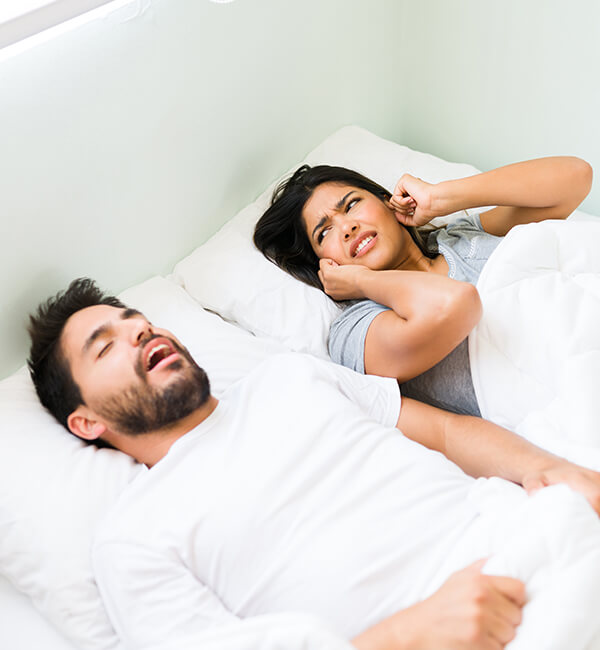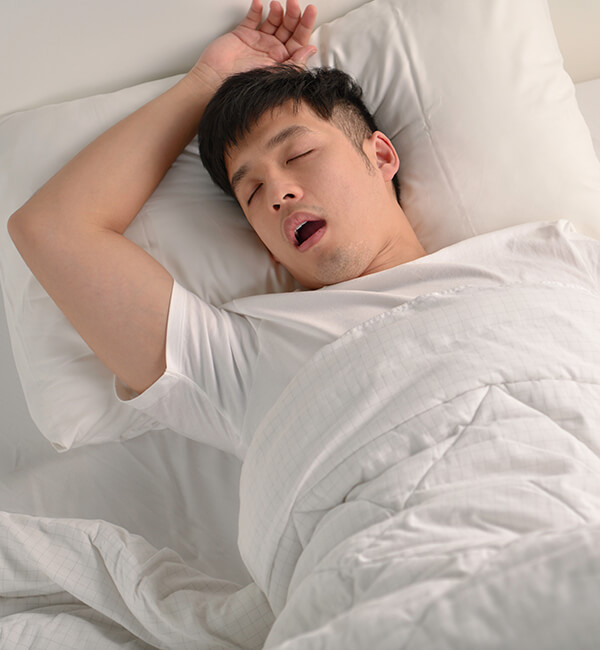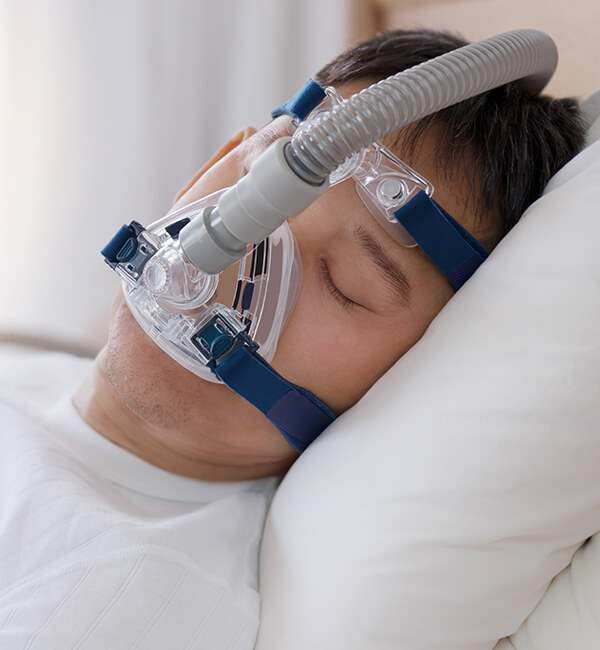

Sleep apnea is a sleeping disorder where people pause from breathing while sleeping. A study shows that obstructive sleep apnea syndrome (OSAS) predominantly affects 26% of individuals between 30 and 70 years of age in the US. If left untreated, sleep apnea can cause more complex health problems such as hypertension, stroke, and arrhythmias.

The three main types of sleep apnea are:
There are several causes of sleep apnea, but the most common causes are:

Sleep apnea symptoms may vary from person to person. These include:
According to an NCBI report, around 3-7 percent of men and 2-4 percent of women are affected. Here is the list of people who are prone to sleep apnea.

Sleep apnea treatment aims to stabilize the breathing disorder or any underlying primary health problem. A CPAP (Continuous positive airway pressure) machine is the most common treatment for sleep apnea and it helps maintain a steady air pressure to send ample oxygen to your lungs while you sleep.
However, it can be very uncomfortable for people to sleep with a loud machine and with a device on their face. Oral appliances are a great alternative to CPAP machines and can be customized to the individual patient’s needs. The appliance will position your tongue so it does not block your airway so you can get a peaceful night’s sleep.
Healthy eating is necessary for healthy living. Similarly, quality sleep is essential for a better life. As mentioned earlier, many patients do not want CPAP therapy because it is uncomfortable and inconvenient.
Our team at Midwest Sleep Center is committed to providing a personalized alternative to CPAP machines through oral appliances. Our expert sleep dentist, Dr. Goetz, will provide a thorough consultation and treatment options, so you can get a peaceful night’s sleep. Why wait? Contact us today to address your sleep apnea!

Thank you for sharing referral with Midwest Sleep Center. Referral Data is as follows:
Regards,
Address: 201 N. Constitution Dr. Suite G, Aurora, IL 60506
Phone: (630) 402-6610